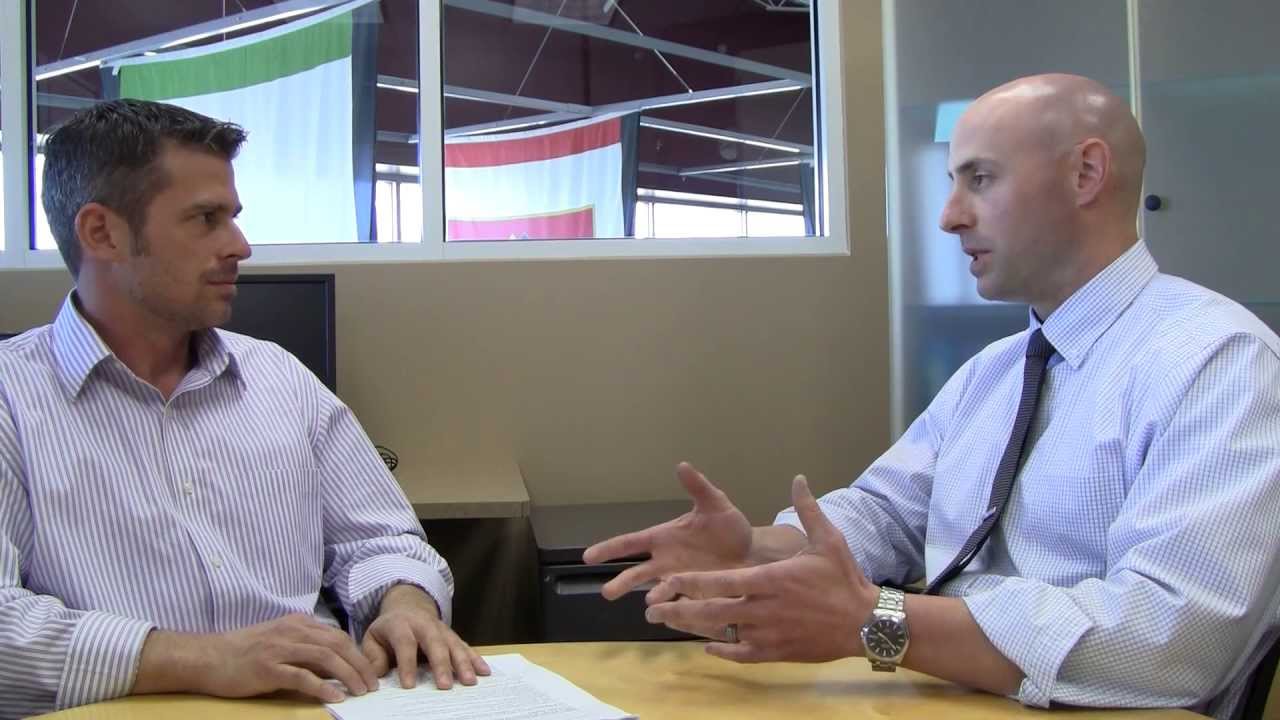The Power of Vitamin D and Muscle
So what’s all the hype about Vitamin D anyway?! I mean… if I go outside for 15 minutes every day without sunscreen, I’ll be just fine. Right? Maybe not…
There is a whole host of bodily functions that require vitamin D. Did you know that vitamin D isn’t actually a vitamin at all? It doesn’t actually function as a coenzyme but as a hormone! A hormone that regulates the uptake and utilization of calcium and phosphorous. No wonder it’s so important for building strong bones. But the role of vitamin D goes WAAAAAYYY beyond that one simple role. It also plays a part in optimal immune function combating auto-immune disorders such as multiple sclerosis, lupus and Type 1 diabetes, some cancers, high blood pressure and chronic muscle pain, weakness and fatigue. And that last one, is what I want to address in this post – muscle pain, weakness and fatigue.
There is much debate about how MUCH vitamin D adults need every day (how you get it will be addressed later). The Institute of Medicine says 600 IU with upper levels ranging between 2,000 to 4,000 IU. That’s a HUGE spread! So why the difference? If you still wonder how the RDA and many vitamin levels are determined, check out this post. Simply put, the convening body “whoever they were” asked the question, how much of vitamin ‘X’ do humans need to survive. Simply survive, to not get sick and die! What do you think – is that good enough for you… to simply not die? Or would you rather THRIVE? There are some new tables out called the DRI (Dietary Reference Intakes) which are a bit better. Last thought on this, I recently heard that back in the ‘hunter-gatherer’ days humans got upwards of 8,000 to 12,000 IU PER day?!! How many studies/reports claim hunters and gatherers dying from heart disease or cancers (OK, maybe there was no way to test for such things) but isn’t is a bit peculiar that we struggle so much more today because of our LIMITING intake of certain essential nutrients versus getting TOO much?
So.. back to our muscles. New studies done by The Orthopedic Specialty Hospital (TOSH) are discovering that a persons vitamin D level is linked to muscle strength and inflammation after ACL surgery (to all my volleyballers – pay attention here). If this new information is correct, are there other areas of an active persons life that may find benefit from elevated vitamin D levels? Remember, the era of hunters-gatherers were working with 8,000 to 12,000 IU every day.
[youtube=http://youtu.be/ENEDhclfCTU]
Just to wrap all this information together neatly… how does someone achieve high levels of vitamin D? Many experts will tell you that if you go outside for 15-20 minutes without sunscreen, you’ll get all you need. Other studies say you have to be outside during a certain time of day, certain latitude, longitude … yadda yadda yadda. Yes, you’ll get some from food but most experts say this is only at most 200 IU per day. That’s where supplementation comes in to play. My friends, nutritional supplements are absolutely NOT a replacement for eating a whole foods diet. However, it’s critical to obtaining EVERYTHING we need for OPTIMAL nutrition – to actually THRIVE every day. Balance from all sources is important. Vitamin D is no different.
For all my weekend warriors out there, would you like to see faster muscle recovery? Training for a 1/2 marathon? Triathlon? Ironman? Or maybe you’re just getting started and want to do everything YOU can to improve muscle recovery? Why not try upping your levels of vitamin D and see what happens? Be sure to give it time.. considering you’re not playing with instant-gratification-western-medicine, it might take some time for your body to respond. Or it might be noticeable after one weekend warrior event. Be sure to post below what kind of results you’re experiencing!
Are you D-ficient? Or D-fabulous?
*If you want to know more about high-quality supplements – ask me today! 🙂
[contact-form][contact-field label=’Name’ type=’name’ required=’1’/][contact-field label=’Email’ type=’email’ required=’1’/][contact-field label=’Website’ type=’url’/][contact-field label=’Comment’ type=’textarea’ required=’1’/][/contact-form]





